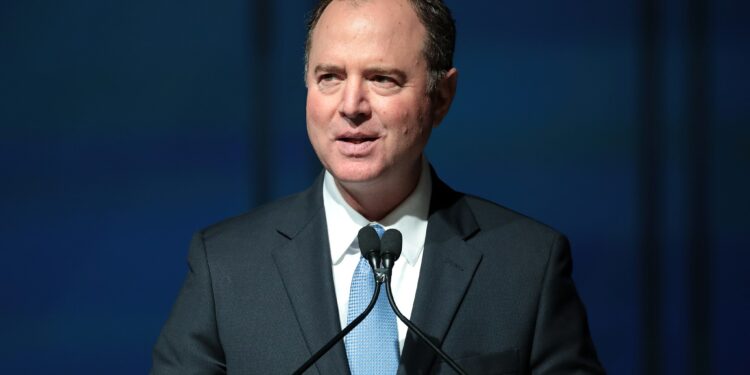
Senator Adam Schiff (D-Calif.) recently criticized President Trump’s decision to grant pardons to around 1,500 individuals involved in the January 6th Capitol riots. In a TV appearance, Schiff expressed concerns that Trump’s actions revealed a troubling lack of regard for law enforcement. He argued that by offering clemency to those who engaged in violence, Trump was sending a message that he would protect those willing to commit illegal acts in his service.
Schiff’s condemnation aligns with the sentiments of many Democratic lawmakers, who believe Trump’s pardons threaten the integrity of the justice system and undermine the rule of law. In his remarks, Schiff suggested that such actions could be a first step toward authoritarianism, drawing a parallel between granting clemency to violent individuals and the tactics of dictators who consolidate power by protecting violent supporters.
While Schiff acknowledged that America is not on the brink of becoming a dictatorship, he argued that Trump’s actions still represented a dangerous shift in the political climate. He warned that pardoning individuals involved in the insurrection could create a dangerous precedent for future leaders, weakening public trust in democratic institutions and the legal system.
In response to the controversy, some members of Congress are calling for reforms to the presidential pardon power, arguing that it should be subject to clearer guidelines. Rep. Mark DeSaulnier (D-Calif.) highlighted the need for new criteria to prevent future misuse of pardons. His concerns reflect a broader desire to ensure that the power to grant clemency is exercised responsibly and does not undermine the authority of law enforcement.
For Republicans, it’s essential to recognize the importance of maintaining a strong, unbiased legal system. While the pardon power is a vital part of presidential authority, it must be used with caution to avoid undermining public trust and the principles of justice.
